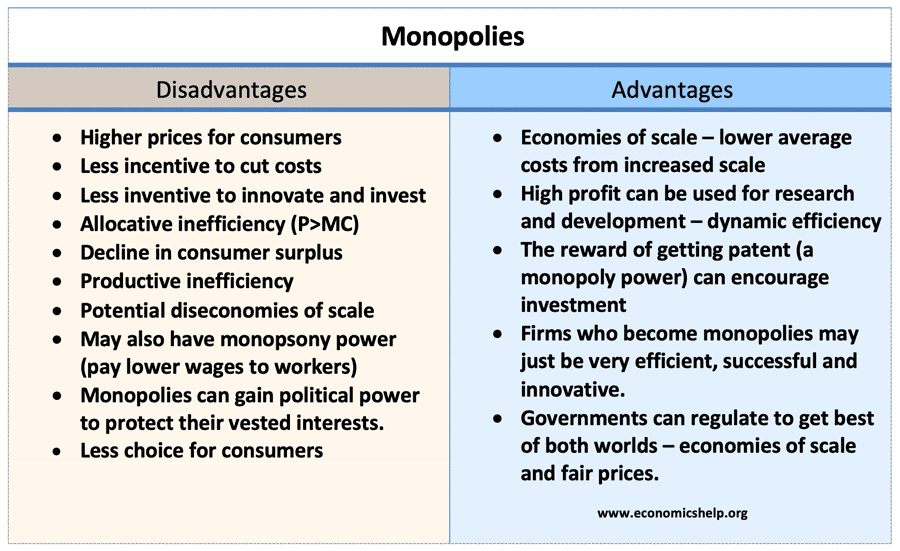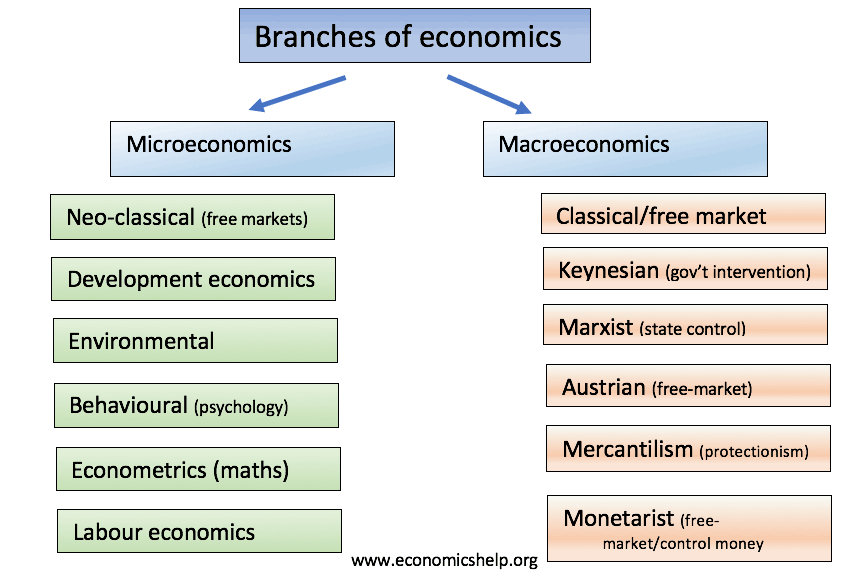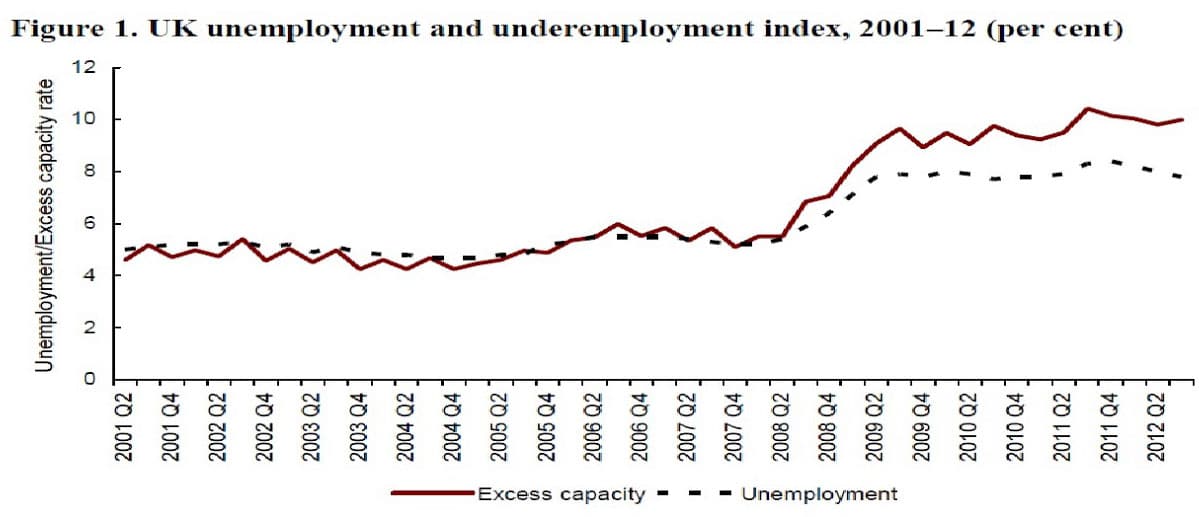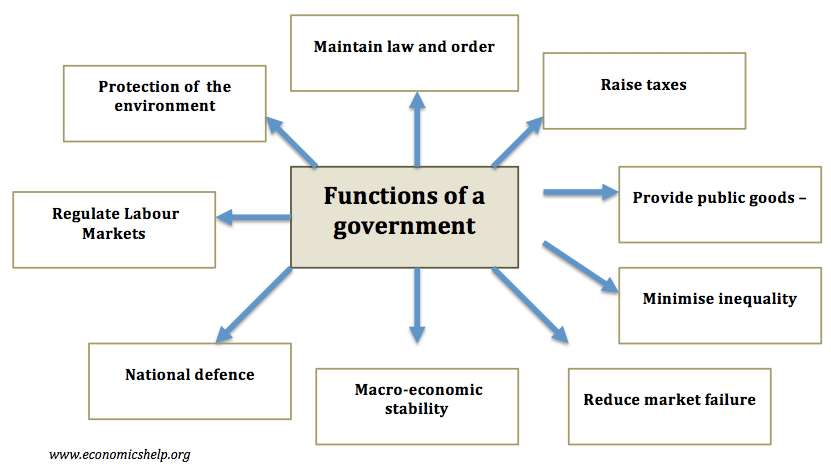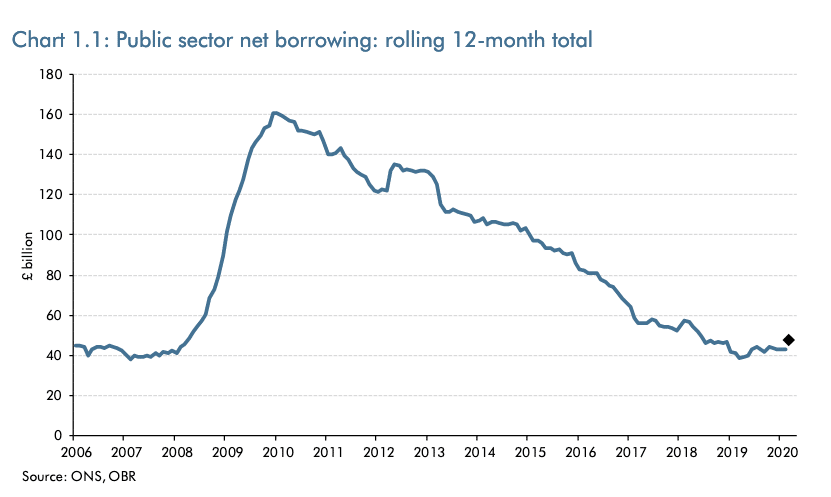Collusion – meaning and examples
Collusion occurs when rival firms agree to work together – e.g. setting higher prices in order to make greater profits. Collusion is a way for firms to make higher profits at the expense of consumers and reduces the competitiveness of the market. In the above example, a competitive industry will have price P1 and Q …

